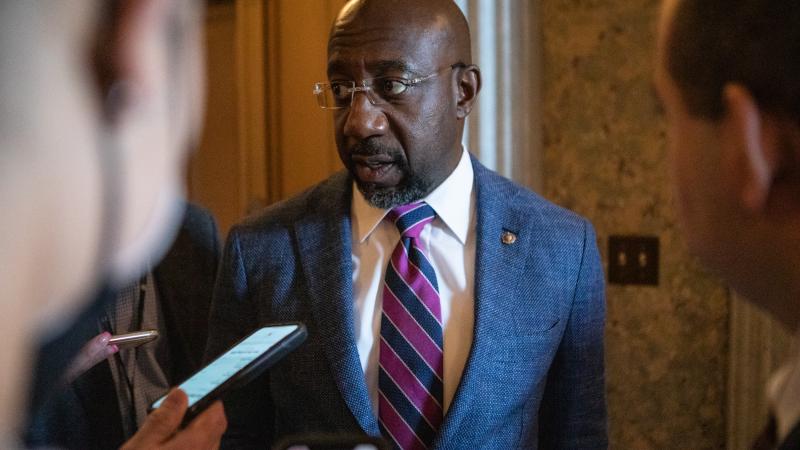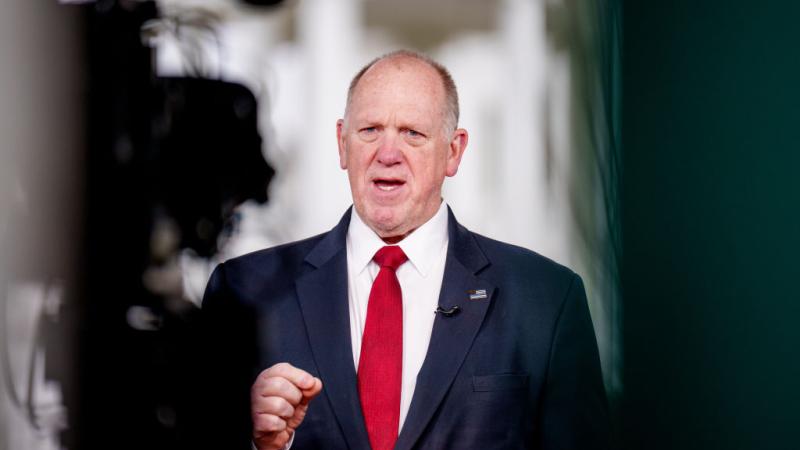White House could be ready to deal on bipartisan $1 trillion infrastructure proposal
Romney, Collins among GOP senators who negotiated compromise framework that could deliver big bipartisan win to Biden.
Infrastructure negotiations among a bipartisan group of senators have produced a $1 trillion framework that the White House is in the process of reviewing.
The compromise framework could set the stage for a major bipartisan victory for President Joe Biden and his administration. If the White House accepts the framework, it would then be turned into formal legislation that would need to pass the House and Senate before heading to the president's desk.
Biden initially sought $4 trillion in new spending on infrastructure, which included his American Jobs Plan and American Family Plan. The jobs plan focuses on physical infrastructure improvements, while the families plan is geared toward what Democratic leaders are calling "human infrastructure" such as childcare support, universal pre-K and paid family leave.
Biden's initial proposal included a corporate tax increase to 25%-28% as well as an increase in the top income tax bracket.
A group of 10 senators including Republicans Mitt Romney of Utah and Susan Collins of Maine and Democrats Joe Manchin of West Virginia and Mark Warner of Virginia worked on the framework. The negotiators think a compromise package will have a better chance of gaining enough votes from senators of both parties in the Senate, compared to Biden's original proposal.
Manchin has expressed a preference for a bipartisan infrastructure bill rather than another budget reconciliation process that enables Democrats to pass a bill without any Republican support.
“We have to find something reasonable and I’m always looking for that moderate, reasonable, middle if you can,” Manchin said in May. “It might not be as big as they want and then you have people on the right that don’t want to do that much or do nothing at all. I probably wouldn’t be there either.”
Congressional Democrats used budget reconciliation to pass Biden's $1.9 trillion coronavirus stimulus plan instead of drafting legislation with GOP leaders at the table. In March, Biden signed the bill, which was the first major piece of legislation of his administration.
If the bipartisan negotiations fail to yield a final product, the Democrats in Congress have one more chance to use budget reconciliation in this session of Congress, according to a Senate parliamentarian ruling.
Just the News asked Manchin's office on Monday if the senator would support an infrastructure bill crafted under budget reconciliation rules but did not receive a response before publication.















